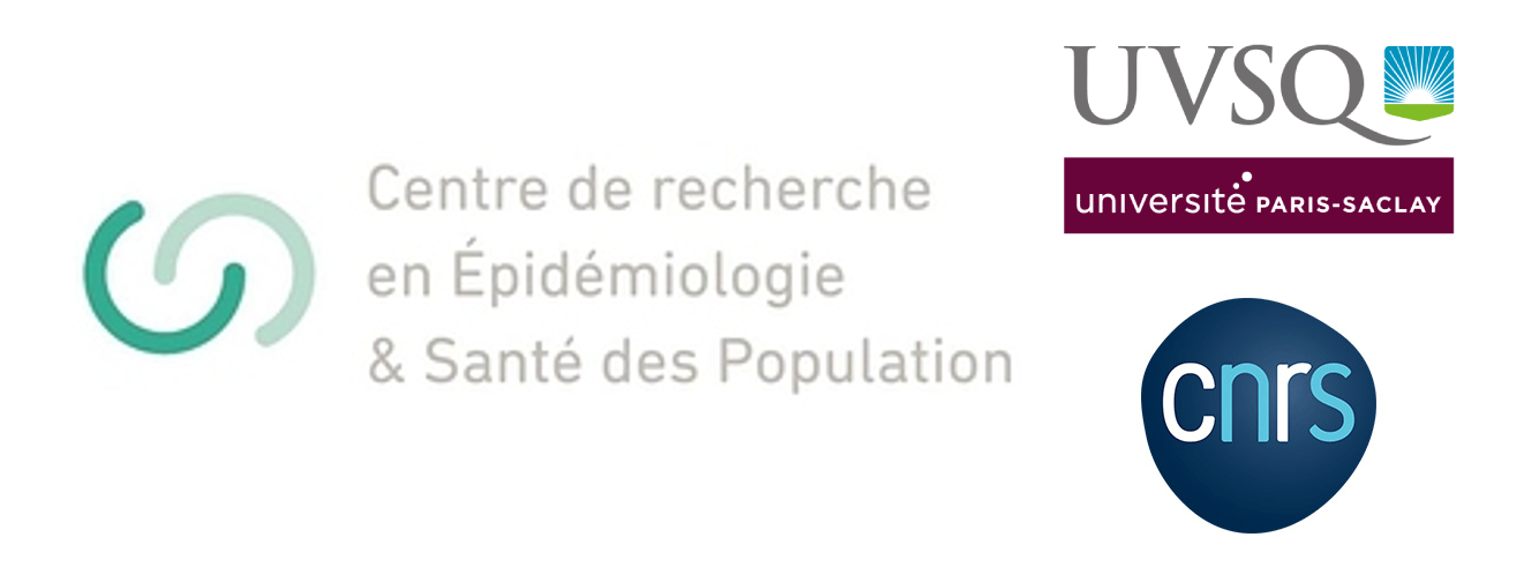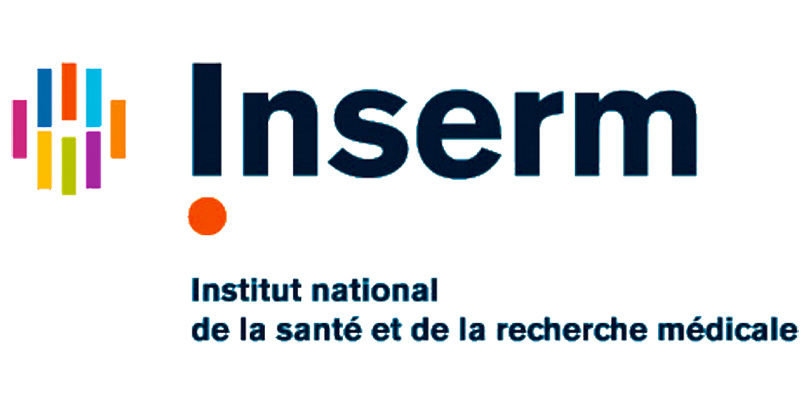Pilot study protocol evaluating the impact of telerobotics interactions with autistic children during a Denver intervention on communication skills using single-case experimental design
Résumé
Introduction
For several years, studies have been conducted on the contribution of social robots as an intervention tool for children with autism spectrum disorder (ASD). One of the early intervention models recommended by the French National Authority for Health is the Early Start Denver Model, an individualised, intensive programme based on play activities chosen by the child. While studies published in recent years suggest that robots provide benefits for autistic children in learning social interactions within a clinical setting, there is no scientific consensus on the widespread contribution and maintenance of their effects over time. On the other hand, a robotic solution controlled directly by a practitioner (ie, on-site telepresence system) enables greater adaptability to children’s responses and choices during interventions. We believe that such a solution would enable better assessment of progress in the fundamental skills of expressive communication and imitation as well as greater engagement during interventions.
Methods and analysis
This is a prospective, monocentric, descriptive and evaluative pilot study based on single-case experimental design (SCED) methodology. The study will recruit eight children diagnosed with ASD aged between 2 and 5 years. The intervention will take place 15 min after the usual weekly care. The SCED methodology is constructed in three stages: (A) 4 weekly sessions at baseline without the robot, (B) 9 weekly sessions with intervention modification using a social robot as cotherapist and (C) 4 weekly sessions without the robot for follow-up.
Ethics and dissemination
Ethical approval was obtained from the South East IV Ethics Committee (CPP Sud-Est IV) (number: 2023-A00895-40) in France. Explicit consent is required from all legal representatives (parents) of children participating in this study. We aim to disseminate the results of this study through national and international conferences, international peer-reviewed journals and social media.
Trial registration number NCT05991791 .
For several years, studies have been conducted on the contribution of social robots as an intervention tool for children with autism spectrum disorder (ASD). One of the early intervention models recommended by the French National Authority for Health is the Early Start Denver Model, an individualised, intensive programme based on play activities chosen by the child. While studies published in recent years suggest that robots provide benefits for autistic children in learning social interactions within a clinical setting, there is no scientific consensus on the widespread contribution and maintenance of their effects over time. On the other hand, a robotic solution controlled directly by a practitioner (ie, on-site telepresence system) enables greater adaptability to children’s responses and choices during interventions. We believe that such a solution would enable better assessment of progress in the fundamental skills of expressive communication and imitation as well as greater engagement during interventions.
Methods and analysis
This is a prospective, monocentric, descriptive and evaluative pilot study based on single-case experimental design (SCED) methodology. The study will recruit eight children diagnosed with ASD aged between 2 and 5 years. The intervention will take place 15 min after the usual weekly care. The SCED methodology is constructed in three stages: (A) 4 weekly sessions at baseline without the robot, (B) 9 weekly sessions with intervention modification using a social robot as cotherapist and (C) 4 weekly sessions without the robot for follow-up.
Ethics and dissemination
Ethical approval was obtained from the South East IV Ethics Committee (CPP Sud-Est IV) (number: 2023-A00895-40) in France. Explicit consent is required from all legal representatives (parents) of children participating in this study. We aim to disseminate the results of this study through national and international conferences, international peer-reviewed journals and social media.
Trial registration number NCT05991791 .
Domaines
Robotique [cs.RO]| Origine | Fichiers produits par l'(les) auteur(s) |
|---|---|
| licence |





